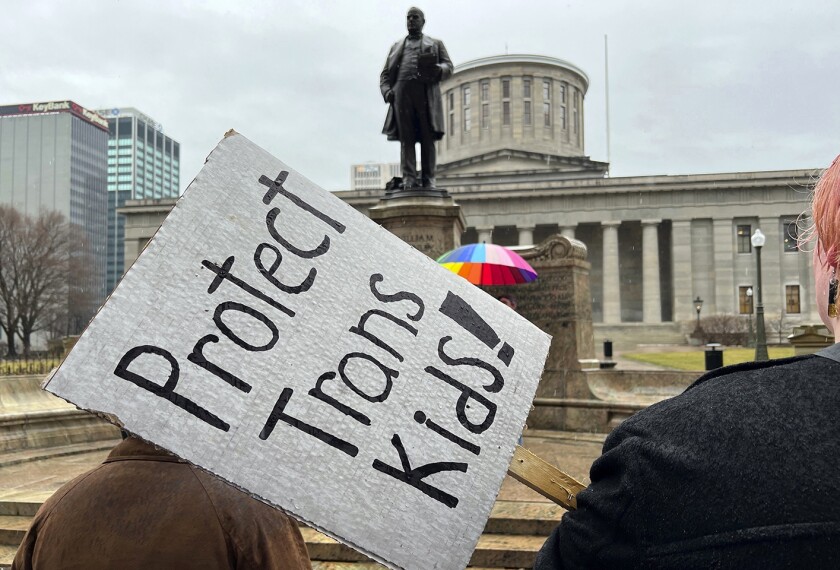In an Education Week Opinion Blog last year, Raj Tawney wrote a powerful story about a teacher that changed his life after many years of feeling like an outsider looking in. Tawney said, “In 10th grade, however, my English teacher, L. John Friia, saw me for the first time. He was cool and easy to talk to. I felt comfortable opening up to him and expressing my hobbies and interests.”
What we know is that every student deserves to be seen and heard, but it doesn’t happen as often as we think. In surveys of over 1 million students, Russ Quaglia found that 54 percent of students in grades 6-12 stated that their teachers do not know their names. And even if that’s not the case, it doesn’t matter because the perspective for the student is much more impactful than the possible reality.
Odetola (1972) found that students feel alienated from school for two reasons. One, they don’t have an emotional connection to their teacher or school. Two, they don’t feel like they have a voice in their own learning.
Additionally, in a meta-analysis, John Hattie , found that the greatest influence on student progression in learning is having highly expert, inspired, and passionate teachers and school leaders working together to maximize the effect of their teaching on all students in their care.
We both (Michael and Peter)have had teachers and coaches who were highly expert, inspired, and passionate. Public rhetoric about teachers and education is not as positive as it should be, and we believe like Tawney, that we should all share stories of those teachers who have had an enormous impact on us. Michael shares a story about one of his most influential educators. Her name is Mrs. Roche.
It started with reading a book a week.
On the first day of 4th grade, Mrs. Roche challenged the class to read a book a week. She walked us to the library where the librarian reinforced this challenge. I distinctly remember being walked over to the C section and being asked by Mrs. Roche, “Have you read any books by Beverly Cleary? She’s one of my favorite authors.” I had not read any of Cleary’s work, but within a few months, I would have read the entire Beverly Cleary section. On this day, I picked out Henry Huggins. It was the first time I saw myself as a reader and a learner.
Do you remember moments like that? Moments where you actually saw yourself as a reader and a learner? Not because someone wanted you to compliantly follow along with a lesson but because they inspired you?
She loves you.
I remember my mom meeting Mrs. Roche for the first time during student conferences. When my mom arrived home from the conference, I couldn’t wait to hear what Mrs. Roche might have said about me. I was the third of three boys in my family. What Mrs. Roche said to my mom changed the trajectory of my life.
“Michael,” my mom said, “I have been to many conferences, but I have never had a teacher tell me this.” My shoulders slouched for a moment, and I became nervous. Luckily, my mom quickly continued. “Michael, Mrs. Roche loves you. Never in all of my years of going to conferences have I had a teacher tell me this. This is going to be a very special year of learning for you.”
You see, growing up, my parents both told me that being a teacher was the most noble of professions, so the fact that my teacher saw something in me that I hadn’t recognized in myself yet was a profound moment for me. It’s why I remember it so vividly to this day.
It is OK to show emotions.
The reading of the classroom chapter book always occurred after lunch recess. Mrs. Roche had picked Where the Red Fern Grows by Wilson Rawls. Along with my classmates, I could not wait for this time each day. Later on as a teacher, it was those moments I looked forward to as well.
As the book was coming to a close, Mrs. Roche put the book in her lap and said, “I’ve read this book each year to my students, and at this point in the story, I usually cry. I will most likely cry this time as well. I don’t want you to focus on my tears, but I want you to really listen to the story with your head and heart. I really want you to hear the words that Wilson Rawls wrote. You may find yourself tearing up, and that’s OK.” I had never had someone share with me that it was OK to show emotions.
She looks at me.
Raised in a small community outside of Seattle, I have many lifelong friends who also had Mrs. Roche as their 4th grade teacher. Each person still shares similar stories of how she would “look” at you when talking.
She did not look above or below you or watch something else going on in the room, she looked at you. She was fully present for you. This was behavior and feeling that I have tried to emulate for students in my classrooms as a teacher, then as a principal and superintendent.
Mrs. Roche believed in her students’ ability to feel and be learners. Her passion and expertise guided this group of 4th graders in such a manner that 50 years later I can remember the learning that occurred during that school year. Mrs. Roche was a model and an example of what s an expert, inspired, and passionate teacher is like. In fact, I recently did an interview with Bob Greenberg where I talked about Mrs. Roche, which you can watch here.
Who was your Mrs. Roche? Have you told them the impact they had on you?
Disclaimer: The copyright of this article belongs to the original author. Reposting this article is solely for the purpose of information dissemination and does not constitute any investment advice. If there is any infringement, please contact us immediately. We will make corrections or deletions as necessary. Thank you.







